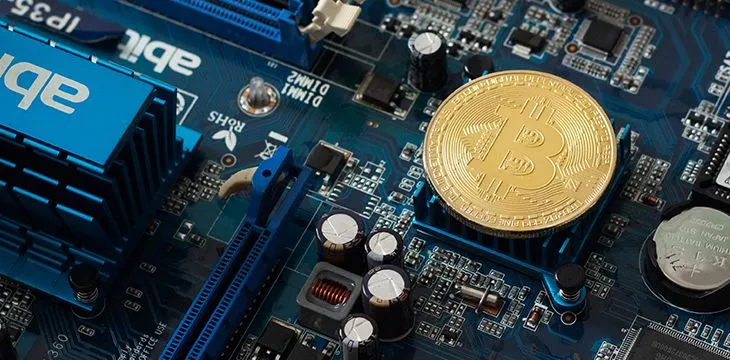|
Getting your Trinity Audio player ready...
|
Venezuela has announced the legalization of Bitcoin mining in the country, but with the caveat that all miners join a national mining pool.
According to local crypto news source CriptoNoticias, mining was legalized by decree by the head of National Superintendency of Crypto Assets and Related Activities (SUNACRIP), Joselit Ramirez. The announcement came in the form of a notice published in the Official Gazette earlier this week.
Any local entity that wants to begin block reward mining in the country must first obtain a license from the government, and be listed on a government register of block reward miners. Those becoming licensed are then subject to further compliance requirements, including handing over all information about their mining activities to state authorities, and keeping detailed mining records for a period of 10 years.
There will also be licenses available for manufacturers or mining equipment and mining data centers, which have also been legalized under the new rules. Import and manufacturing will be overseen by the regulator.
However, the major caveat for those wishing to be licensed to mine digital currency in Venezuela is the need to join the National Digital Mining Pool, with fines and licensing penalties for anyone operating independently of the mining pool.
This centralization of mining power means the Venezuelan government can determine how much income miners earn from the pool, as well as paying out the contributions. As noted in local media, this could also allow the government to cut off income from the mining pool altogether, or charge taxes before payment has been made.
The news has therefore been seen as a mixed bag, and while the legalization is welcome, the conditions will make this a less attractive option for block reward miners in the country.
Venezuela has already issued a cryptocurrency backed by state oil reserves, the Petro, which it has used to evade international sanctions.

 07-06-2025
07-06-2025 





